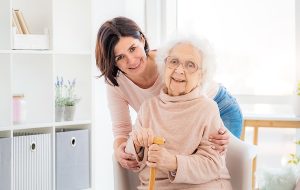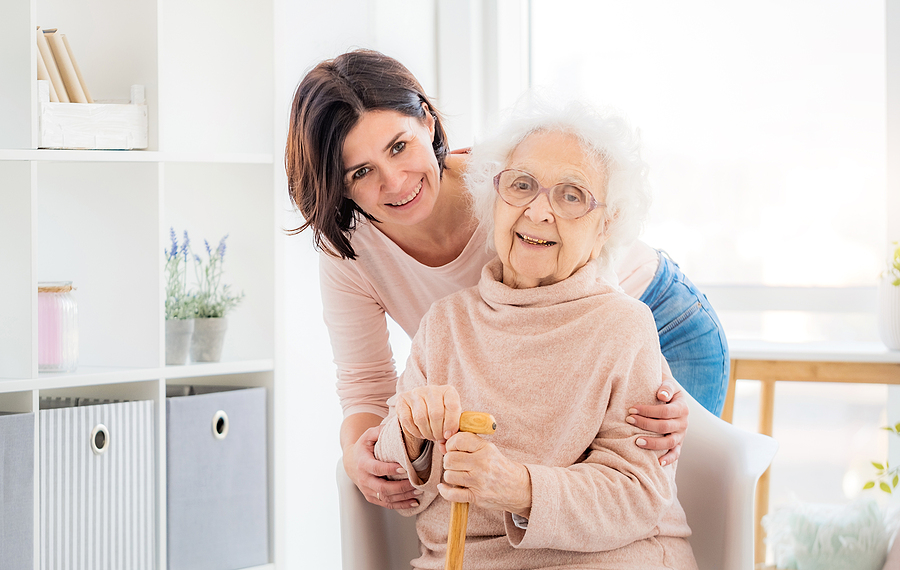
With good preparation and planning, aging at home can be a success for your senior. You do not have to do it alone.
There are care strategies to aid you on your quest to help your senior age at home, so you can rest easy knowing that they are safe, well-cared-for, and comfortable.
Help Them Regain and Maintain Their Confidence
As a senior grows older and more fragile, they are more likely to experience despair, discomfort, boredom, disease, and loneliness. This could be due to the fact that they now have to listen to you and follow your directions-even if it does not feel right to them. The inability to cook meals, bathe themselves, and perform simple chores can hurt their feelings and sense of independence.
But by simply showing respect and taking adequate care of your senior, you can help them restore their confidence. You can assist your senior in completing certain tasks on their own while caring for them at home, or you can sit down with them for a few minutes and talk about whatever they want.
Be Kind and Understand Them
While it may appear that seniors sometimes don’t act their age, this may just be a symptom of a loss in cognitive abilities. They may say things you do not agree with or that offend you, but you should control your temper and be civil with your senior.
Be On Alert for Emergencies
Emergencies can take many forms, and if you live far away from your senior, you should evaluate the location in which they live as well as their proximity to essential requirements in the event of an emergency. Personal protective equipment such as a mask and gloves, clean drinking water, a first aid kit, extra prescriptions, three days’ worth of non-perishable food, and a flashlight with batteries are all recommended items to have in an emergency kit box.
Fulfill the Need for Companionship
Seniors typically experience loneliness and isolation, which can lead to chronic diseases and decreased cognitive function. If you do not live with your senior, make sure to see them on a regular basis, hire an in-home caregiver to help them set up a regular phone line, and use technology to keep connected through Skype interactions.
Motivate Them to Stay Physically Active
Regular exercise can help a senior maintain bone, joint, and muscle strength, reduce the chance of falling, and speed up recovery time if they become unwell or injured. You can recommend at-home activities like online exercise sessions, YouTube dance videos, and video chats with grandchildren.
Seek Caregivers
Catering to the specialized requirements of seniors can be tough for those providing personal care, especially if you already have a lot on your plate. You should not let your overwhelming to-do list push you to the point of neglecting your senior. You can employ the services of a trained in-home care provider.
Conclusion
Caring for a senior at home can be difficult for you and even for a caregiver. However, you will discover that caring for seniors can be straightforward and simple if you take the time to listen to their needs and communicate with them while remaining reliable and dependable.
If your senior needs more help at home, consider home care. Home care will help your senior with everyday tasks such as cooking, cleaning, and doing laundry. Call us today and see your home care options!
Sources:
https://www.hopkinsmedicine.org/health/caregiving/caregiver-guides
